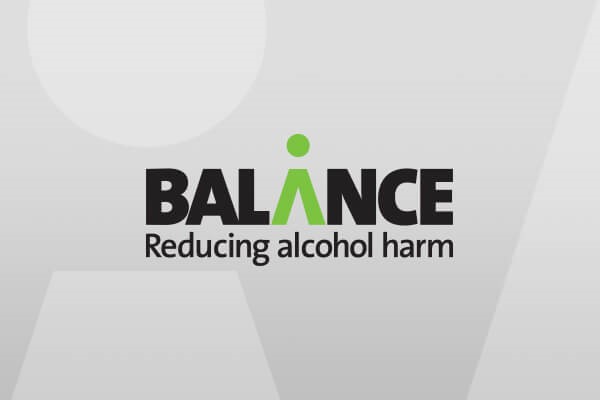Calls for clearer guidelines around alcohol and pregnancy
No alcohol is the safest option prior to and during pregnancy is the advice from leading North East health professionals as they call for clearer drinking guidelines for parents-to-be.
All 12 Directors of Public Health in the North East have signed an open letter to support the no alcohol during pregnancy advice – and to call for consistent advice to be given by all healthcare providers from conception to birth.
The open letter has been released to coincide with Foetal Alcohol Spectrum Disorder (FASD) Awareness Day, which is taking place today (Tuesday 9th September). FASD is a series of preventable birth defects, both mental and physical, caused by drinking alcohol at any time during pregnancy. These defects of the brain and the body exist only because of prenatal exposure to alcohol.
Around one baby is born with FASD each day in the North East and it has a higher incidence rate than autism, Down’s syndrome, cerebral palsy, cystic fibrosis, spina bifida and sudden infant death syndrome combined.
Although it’s still underdiagnosed, statistics show that approximately 1% of all babies born may have some form of FASD. This suggests that around 26,000 people in the North East could be affected by the disorder. On a national level it is thought that approximately 630,000 children and adults are affected.
Often the condition goes undiagnosed, or is misdiagnosed, for example as autism or ADHD, and this can lead to secondary disabilities.
No two children with FASD are exactly alike, either behaviourally or physically. However, some of the characteristics may include attention problems or hyperactivity, academic problems, language deficits, behavioural and/or social challenges, sensory impairments, poor sense of self, poor memory, poor regulation of emotion and difficulty with time concepts. Some children also have facial abnormalities such as a thin upper lip, an upturned nose and smaller than normal eye openings.
Anna Lynch, Director of Public Health, County Durham and Chair of the region’s Directors of Public Health Network, said: “It is vital that parents-to-be are given consistent advice and guidelines around alcohol and pregnancy to ensure they can make informed choices.
“Conditions such as FASD are relatively unheard of which is why these awareness days are extremely important. These disorders last a lifetime and cannot be cured, yet are preventable.
“It’s important that we deliver one clear message that alcohol and pregnancy don’t mix and that no alcohol is the safest option prior to and during pregnancy.”
Mary Edwards, Programme Manager Alcohol Treatment at Balance, said: “It’s great to see our partners across the region working together to deliver the message that an alcohol free pregnancy is by far the safest option. Conditions such as FASD can have a devastating impact on the lives of children and the entire family so it’s an extremely important message.
“The National Institute for Health and Clinical Excellence (NICE) advises women who are pregnant to avoid alcohol in the first three months in particular, because of the increased risk of miscarriage. However, researchers don’t know how much alcohol is safe to drink when pregnant. They do know that the risk of damage to your unborn baby increases the more you drink and that binge drinking is especially harmful. No alcohol is the best and safest choice.”
Maria Catterick, director of the FASD Network, the North East-based FASD support organisation, also commented: “This clear message from public health is a great first step to safeguard future north east children from the challenging lifelong consequences of prenatal alcohol exposure.”
“The FASD Network supports hundreds of families who are affected by FASD and this preventable yet devastating disability impacts not only the child throughout their life but also their families and the wider community. Challenging behaviour, learning difficulties, hyperactivity, social skills deficits, poor logic, physical and sensory impairments and aggression among many other impacts are difficult things for families to cope with on a day to day basis.”
Dr Shonag Mackenzie, lead obstetrician at Northumbria Healthcare, said: “FASD is the most common preventable disability in children which is why we would advise people that no alcohol is by far the safest option before and during pregnancy. The condition is also underdiagnosed so it is potentially a much bigger problem than reported.
“However it’s important to highlight that if you’ve have a few drinks not to panic. In some instances people will have had a few alcoholic drinks without even knowing they are pregnant but it’s never too late to stop, and as soon as you do, you’ll stop the harm it could be causing. Alcohol affects the brain development so the sooner the better to avoid an increased risk."
